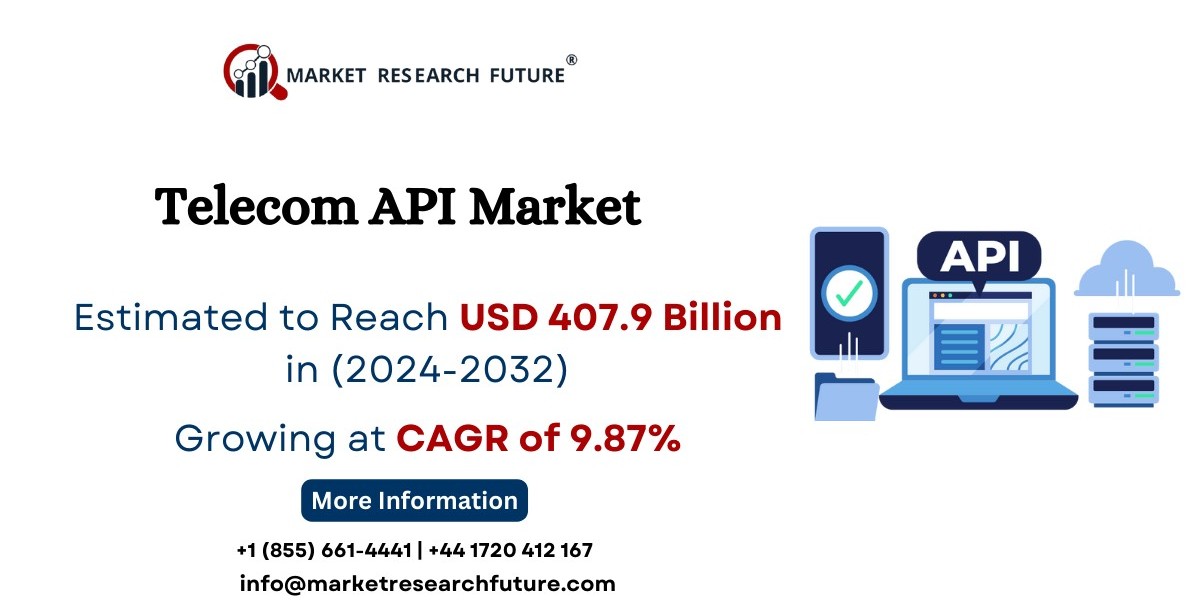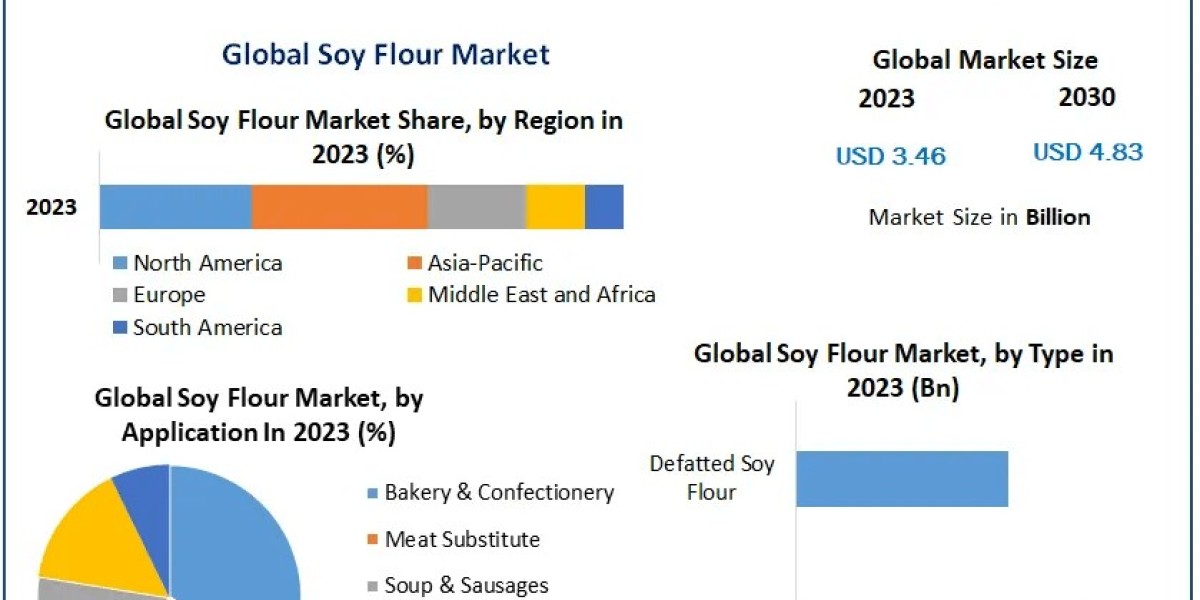Introduction
Precise and up-to-date data is indispensable for making well-informed investment choices. For developers constructing financial applications, incorporating a dependable Stock Price History API is paramount. These APIs provide historical stock data, allowing users to analyze trends, backtest strategies, and make data-driven decisions. In this article, we'll explore the importance of stock price history APIs, their key features, and how developers can leverage them to enhance their applications.
Why Stock Price History Matters
Historical stock data provides insights into past performance, allowing users to understand how a stock has reacted to market conditions over time. By analyzing stock price history, traders and investors can:
- Identify trends and patterns
- Evaluate the performance of a stock over different market conditions
- Backtest investment strategies
- Predict potential future movements based on historical trends
For developers, integrating stock price history into financial platforms enables users to access valuable insights without manually downloading datasets from multiple sources. APIs make it easier to automate data retrieval, ensuring users always have up-to-date information.
Key Features of a Good Stock Price History API
When selecting a Stock Price History API, developers should look for several key features to ensure seamless integration and functionality.
Comprehensive Historical Data
The API should provide an extensive history of stock prices, ideally spanning multiple decades. This is particularly important for long-term investors and analysts who need to evaluate trends over time.Real-Time Updates
While the focus is on historical data, having access to real-time updates can enhance the value of the application. Many Stock Price History APIs offer both historical and real-time data feeds, enabling users to compare historical performance with current market trends.Easy Integration
APIs should have clear documentation and simple endpoints for easy integration. Many APIs come with SDKs for various programming languages, making it easier for developers to integrate stock data into their applications.Multiple Market Support
A good API will support multiple stock exchanges and markets. This ensures users can access historical data not just for U.S. stocks but for global stocks as well.Customizable Data Formats
Developers should have the flexibility to request data in different formats, such as JSON, XML, or CSV, depending on their application needs. This feature simplifies data processing and makes it easier to integrate with existing systems.
Benefits of Integrating Stock Price History APIs for Developers
For developers, integrating a Stock Price History API brings several benefits:
Automation and Efficiency
Instead of manually gathering and updating stock data, APIs automate this process, saving time and reducing the risk of errors.Scalability
APIs allow developers to build applications that scale with user demand. Whether the app has 10 users or 10,000, the API can handle multiple data requests simultaneously without affecting performance.Data Accuracy
Reliable APIs ensure that the data is accurate and up-to-date. This is especially important in financial applications where incorrect or outdated data can lead to poor decisions and financial losses.Customization for User Needs
APIs provide developers with the flexibility to customize the data being fetched based on user needs. For example, users may want to see stock prices for a specific time period or compare multiple stocks over the same date range.
Popular Stock Price History APIs
Some of the most widely-used Stock Price History APIs include:
- Alpha Vantage: Known for offering free and paid tiers, Alpha Vantage provides historical stock data along with real-time updates.
- Yahoo Finance API: Offers comprehensive historical stock data along with other financial data, such as dividends and stock splits.
- MarketStack: Provides access to over 30 years of historical stock data, supporting global exchanges.
- IEX Cloud: Focuses on U.S. stocks with a wealth of real-time and historical data.
Conclusion
Integrating a Stock Price History API into financial applications provides users with the tools they need to make informed investment decisions. For developers, these APIs simplify the process of retrieving and displaying historical stock data, ensuring applications remain accurate, scalable, and user-friendly. As the demand for financial data grows, stock price history APIs will continue to play a pivotal role in the development of cutting-edge financial tools.








